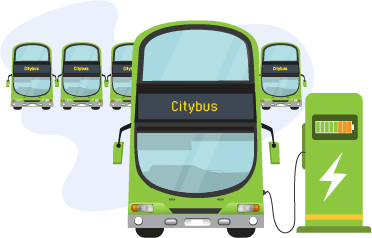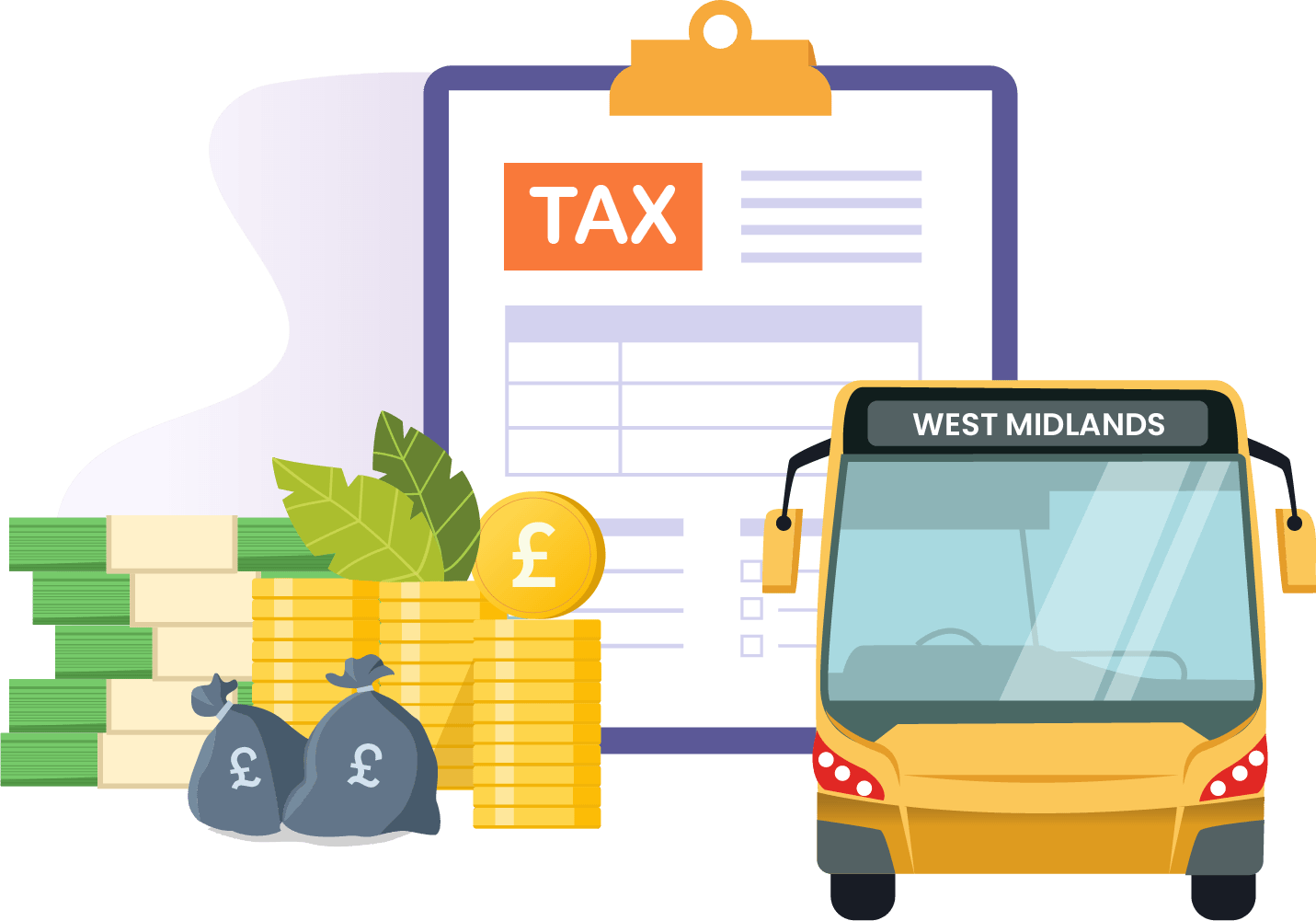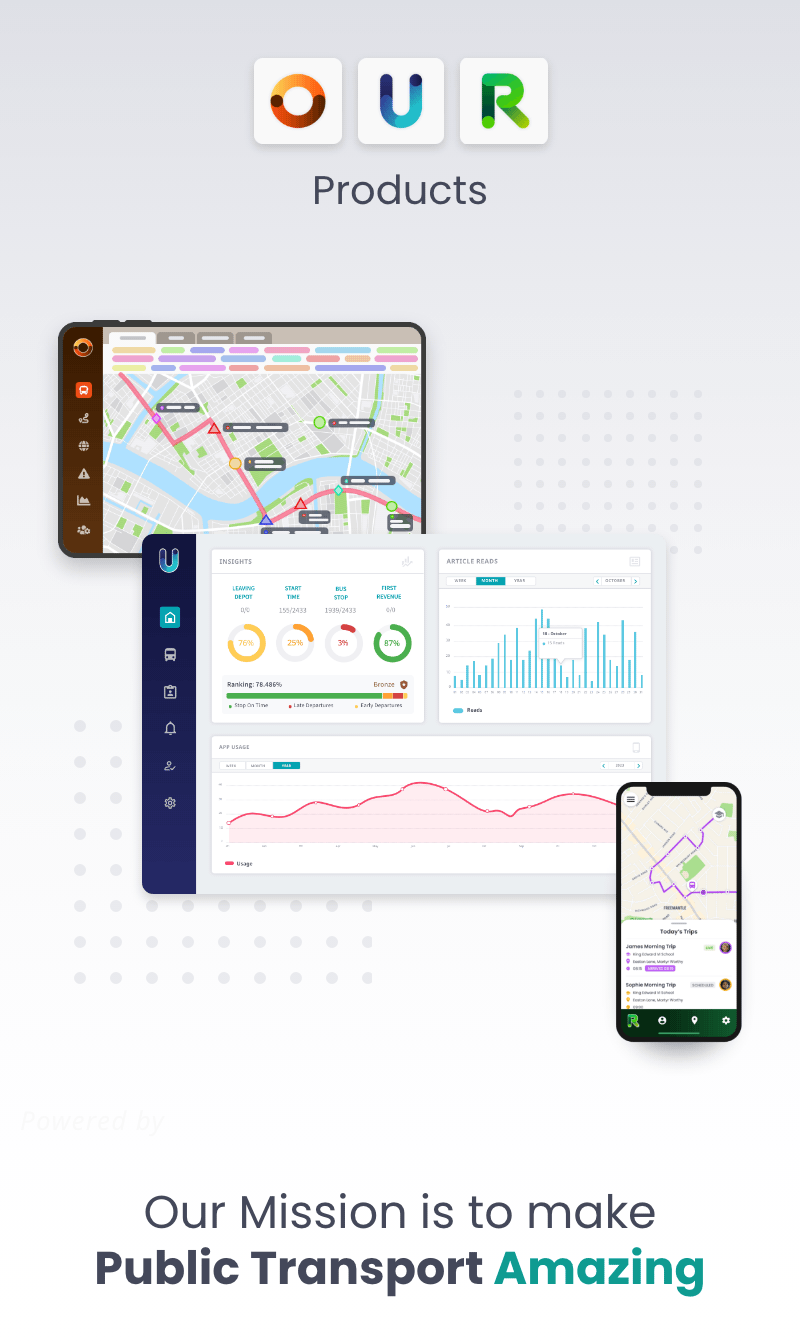Without doubt, one of Morrissey’s finest Smiths ditties, Panic, was released way back in 1986 and a title suitable I thought for a recent bus related story that hit the streets this very week, where it was announced that £40 million of taxpayers’ cash was having to be used to save the West Midlands bus routes from being axed. Basically, the dominant bus operator in the West Midlands, National Express West Midlands which runs over 90% of the regions buses had threatened that it would have to cut or reduce a third of its routes, quite simply resulting in huge disruption to millions of people across the West Midlands region.
Quite sensibly the West Midlands Combined Authority (WMCA) has stepped up and is providing the money provided by the Governments’ £88 million Bus Services Improvement Plan, instigated by one time Prime Minister Boris Johnson, a man with a love for buses and parties allegedly. Bus usage has never recovered from pre-Covid levels with the network running at around 90% of pre-pandemic levels, and although fares had previously been cut to encourage greater usage in July, fares went up with the day ticket rising from £4.00 to £4.50. To be fair to National Express, they have also been investing millions of pounds in new electric and hybrid bus fleets that comply with the zero emissions regulations. Mind you they also had to stomp up a jaw dropping 15% pay award to all staff to prevent strike action, in what is clearly across the nation, a year of discontent as members of the rail industry, NHS, and even car driving examiners took to the streets with their placards demanding better pay and conditions, so why should the brothers and sisters of the UK bus industry not join the rebellion.

Interestingly, the WMCA insists that the regions fares remain among the lowest in the country and lower than they were back in 2017.
“Buses are the backbone of our public transport network – providing a vital daily service for tens of thousands of local people right across our region at the same time as helping us tackle the climate emergency and reduce traffic congestion on our roads.”
Andy Street, West Midlands & WMCA Chair.
The new head honcho for National Express UK and Germany, Alex Jensen, has said “We welcome the support from Transport for West Midlands which will ensure we can maintain the bus network at the current level until the end of 2024. Meanwhile we are continuing the investment in electric and zero emission buses which are both good for the environment and keep costs low.”
It will be interesting to see what happens in Manchester where the Mayor, Andy Burnham, is about to launch the first franchised network across the region. No doubt other local authorities and metro mayors will be watching very closely to see if the model works or not, as others contemplate taking over control of the bus networks. This would allow them to map out the networks, frequencies and even fares. This is a huge change for the regime that has existed since 1986 when the UK bus industry was privatised by Mrs Margaret Thatcher. This resulted in the emergence of the top 5 bus groups which have mostly dominated both the major conurbations and large swathes of the UK to this date, as well as mostly controlling the rail industry.

To be honest, it is surprising that this model has been unchallenged for 37 years but there you go! One thing is for sure, nothing lasts for ever as history tells us. For someone like me, I originally joined a nationalised bus company that operated across the whole of the UK. It was actually called the National Bus Company which I joined as Senior Management Trainee where I served a rather tough three year training designed to breed future leaders. Only for it to be dismantled by Maggie and let the market forces of capitalism mange the fortunes of the nation’s busses. Well what comes around and all that. I shall observe with great interest to see which way the wind blows, and see if the good old humble bus stays in the hands of the shareholder or the State.

Written by Austin Birks








